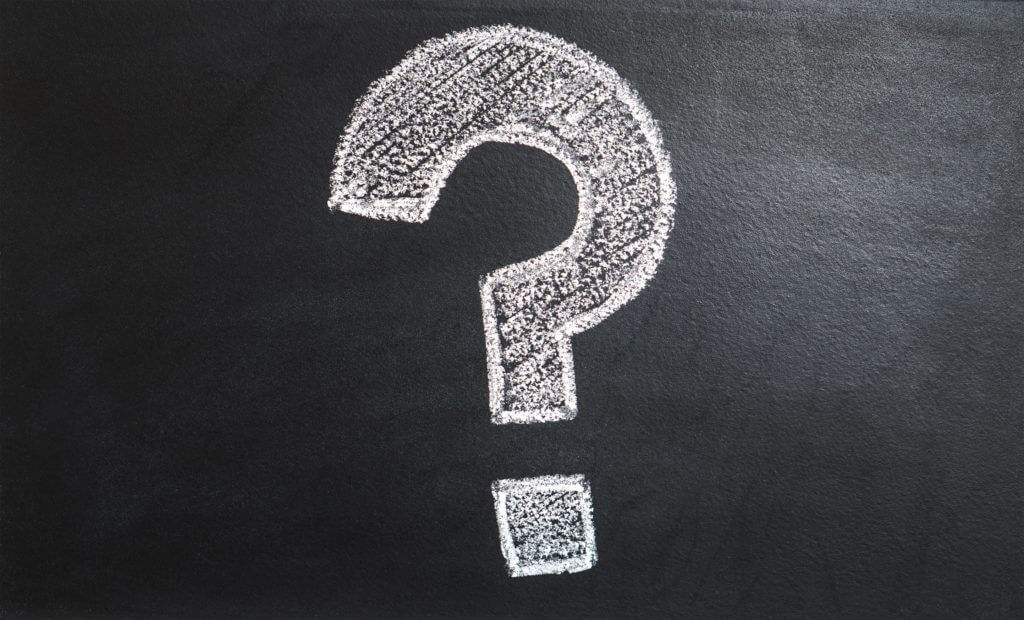OutTakes: An independent Vermont! Who would have thunk it?

Mystery Game
It’s not for the money
The hope and despair
It’s not for the leaving
Of love that was there
If it’s for danger
A fortune beware
Leaving it all back
To somewhere the same
Those mystery games
~ Ciaran Marion Brennan, Clannad
Fifty years ago Buffalo Springfield said something was happening here and asked everyone to look at what was going down. What did they find?
They found something close to today’s climate in Vermont where the scent of revolution is in the air. Secession may well have returned to people’s minds. Vermonters may be considering becoming the Switzerland of North America.
Will we pay our bills with a Green Mountain currency? Will we fly a new green flag of the “Second Vermont Republic” above the statehouse? Will we pay for parking with Catamount Quarters? Will Fiddlehead, Von Trapp Ale, Hill Farmstead, Rock Art, Switchback, Trout River or Otter Creek, a Long Trail, a Magic Hat, Citizen Cider and many other local craft brews lead the world toward a truly “Heady Topper”?
Well, Middlebury College prof and Vermont-based environmentalist Bill McKibben has planted the secession seed again with his novel, Radio Free Vermont. Oh yes, disbanding from the United States first appeared through the eyes of our Charlotte neighbor and retired Duke University economist, Thomas Naylor. However, people seemed to feel that too many questions about the Green Mountain State becoming its own country remained unanswered to vote us out of the union at that moment. The paradigm shift seemed to be too great a move, that while some of its notions were viable, the full move, nonetheless, was not.
However, now, given the nature of our strange and rather insensitive national government, the secession envisioned by the main character in McKibben’s book may be a real possibility. That character,Vern Barclay, a radio host surreptitiously promotes moving out of the union on his nightly program. And he begins his underground show with a plug for a different local craft beer each time, knowing that will catch the ear of listeners. In a December 9 review of his book, New York Times writer Jennifer Senior calls it “The Charms of Artisanal Succession.”
Whereas at the end of the novel McKibben brings himself into his fable through an “Author’s Note” in which he denounces the real possibility of secession when “confronted by small men doing big and stupid things, we need to resist with all the creativity and wit we can muster.” Well, happenings in Washington, D.C., coming through the vocal tubes of a demented president, may, in fact, be just what the movement needs.
Meanwhile, several elements of McKibben’s professional causes show through in his writing. His concern for environmental servitude is displayed when Barclay despairs of the growing brown of winter stemming from a climate change toward global warming. He also laments the reduction in small dairy farming and the growing use of undocumented migrant laborers who will work for wages that keep the milk price down. While the growing number of large dairy farms is somewhat unique to Vermont, their surge is nothing compared to the herd sizes in the West and Midwest. And it is these large western farms that set the price of milk. One of McKibben’s characters quotes farm numbers over the last seven decades when they dropped from 11,206 in 1947 to a current 802. “What that means,” says Barclay, is that “The Farm Bureau and the federal government have already done a fine job of putting Vermont farmers out of business.”
A push for secession gains momentum as the reader moves through the story. The New York Times says it “helps to contextualize Bernie Sander’s anti-establishment crankiness.” Perhaps the short time between the book’s publication and the more recent Trump imbroglios brings secession closer to the point of real possibility. McKibben’s concession that the movement may be little more than a “thought experiment” may have become no longer just that. We may be on the verge of small-sized countryhood. Secession may, after all, be the solution that would work for us.
I would hope we could do it democratically—without dictatorship to fend with from within. Prime lagers, Phishful music, slopes, forests, environmental priorities that can be shown to make a landscape that is worth saving are all things over which we could exert greater control, free from the political crassness of Washington.
We could put decision making where it belongs, in the hands of the people. We could recognize that true leadership requires followership, unlike what our current president claims, that leaders are leaders no matter what. Take a look at your support numbers, Mr. Trump—somewhere close to two-thirds of the population don’t support you. Tell me that you, the brightest president ever, are the head of a world power. (Even a dummy like me can see several things out of joint with that implication). You do, however, keep your hair nicely polished and walk around with an attractive young wife trailing you, and you do attempt to convince me to believe these are important elements of a presidency.
After last Sunday, do you think Congress and the White House would prefer a NFL quarterback in your stead? A winning touchdown pass instead of a two-inch putt at Mar a Lago? The Brady Bunch in the Oval Office? You may be physically OK, but I worry about your play calling.

